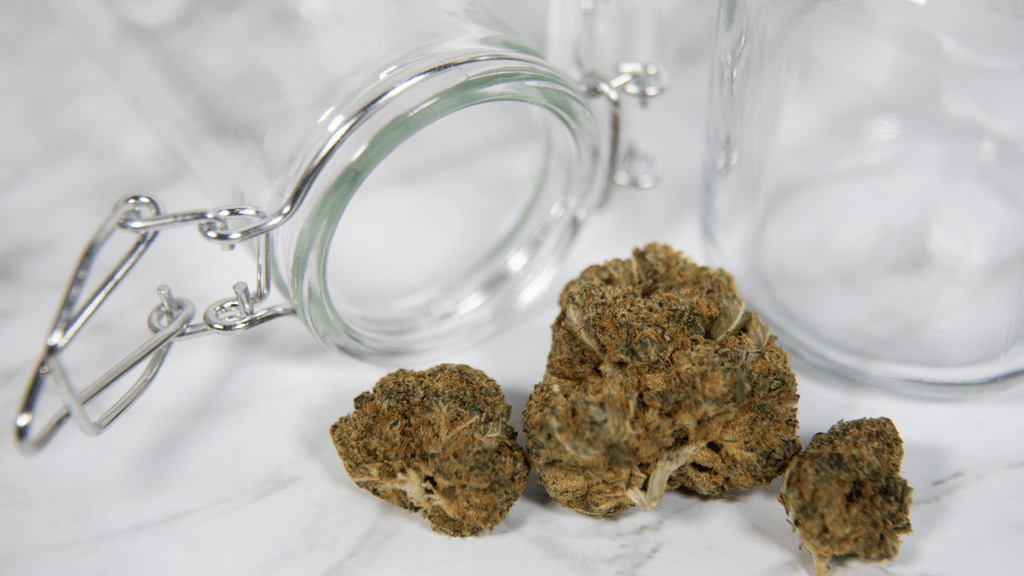For many older cannabis consumers, discretion remains a priority—even as legalization and social acceptance spread. While younger generations often embrace open consumption, older adults often carry decades of social conditioning, workplace caution, and personal preference that make privacy a key factor in their relationship with cannabis.
Historical Context and Lingering Stigma
Older generations grew up in an era when cannabis use was criminalized, stigmatized, and often associated with negative stereotypes. According to the Pew Research Center, attitudes toward cannabis have shifted dramatically since the 1960s and 1970s, yet for individuals who lived through prohibition-heavy decades, early perceptions still leave a lasting imprint. Even in legal states, many fear being judged by peers, family members, or community organizations if their use becomes public.
A Gallup survey highlights that while cannabis use among adults over 55 has increased steadily, this demographic is more likely to cite “concern over others finding out” as a reason for discreet consumption compared to younger users. These concerns are especially prevalent in areas where legalization is new or medical use is more accepted than recreational use.
Professional and Social Considerations
For older consumers—particularly those still active in the workforce—discretion can protect reputations and career prospects. Despite evolving laws, many employers maintain strict drug-free workplace policies, and a positive cannabis test can still lead to job loss. Beyond employment, some older adults remain active in religious, civic, or volunteer organizations that may frown upon cannabis use, creating an environment where privacy feels safer than openness.
Health and Wellness Privacy
As the American Cannabis Nurses Association notes, many older users consume cannabis for medical purposes, such as managing arthritis, chronic pain, or insomnia. In these cases, discretion is often about personal health privacy rather than stigma. Medical details are inherently personal, and for some, keeping cannabis use private is simply part of maintaining control over their health information.
Shifting Social Norms and Emerging Openness
While stigma persists, generational attitudes are slowly evolving. Consumer feedback from industry reports, such as those from BDSA, shows that older adults are increasingly open to discussing cannabis in trusted circles, especially when it’s framed as wellness-oriented. The rise of odorless consumption methods—such as tinctures, capsules, and edibles—has further enabled discreet yet consistent use without drawing attention.
The Role of the Cannabis Industry
Brands and dispensaries catering to older consumers often emphasize discretion in both product design and marketing. Packaging that resembles traditional supplements, low-odor products, and delivery services offering secure, private transactions are increasingly common. This aligns with research from New Frontier Data, which indicates that convenience and privacy rank highly among older cannabis consumers’ purchasing decisions
Final Thoughts
While cultural acceptance has grown, older cannabis consumers often approach their use with the same care and discretion they developed decades ago. For many, it’s a balance between enjoying the benefits of cannabis and avoiding unnecessary scrutiny. As laws progress and education expands, discretion may shift from being a necessity to simply a personal choice—reflecting the evolving relationship between older generations and cannabis.

